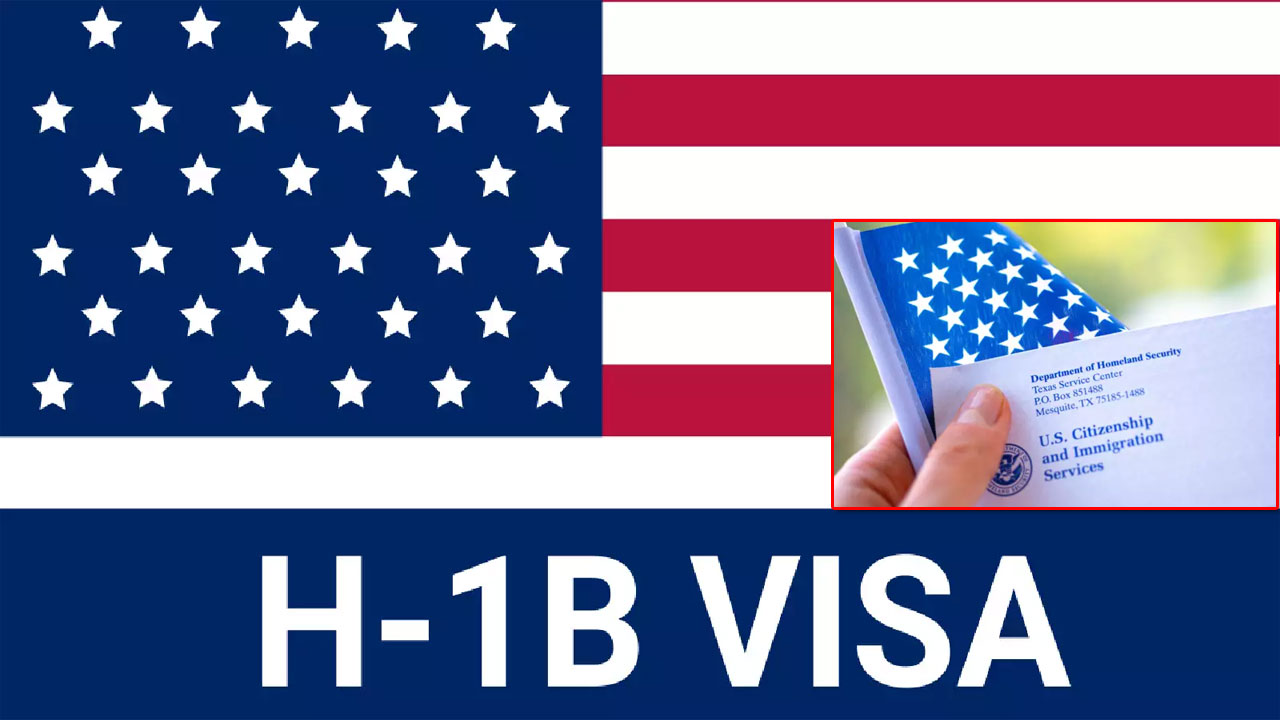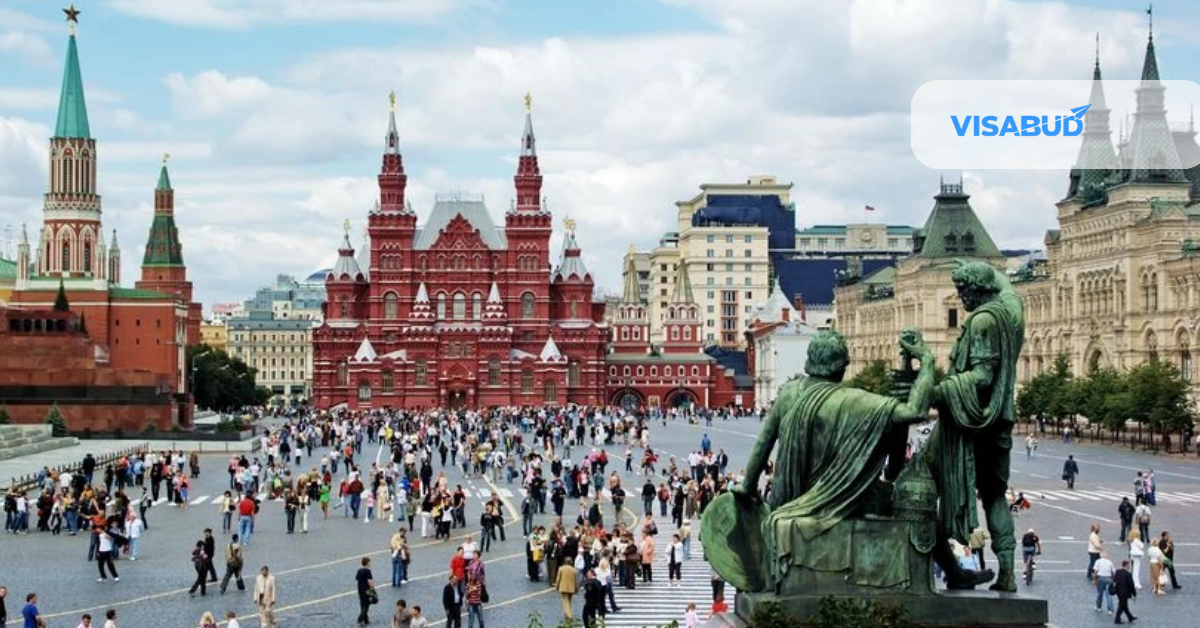The US Citizenship and Immigration Services (USCIS) has announced major changes to the H-1B visa program, simplifying eligibility criteria and providing greater flexibility for employers and skilled foreign professionals.
The rules finalized on Tuesday bring back the “prior deference” policy for visa extensions and tackle long-standing issues related to the program’s fairness and accessibility.
Major Updates to the H-1B Rules
- Prior Deference for Extensions : The new regulations establish a “prior deference” policy, simplifying the renewal process for H-1B visas that were previously approved. This policy, removed during the first Trump administration, had caused significant delays in processing visa renewals.
- Redefined Specialty Occupation : The new rules update the definition of “specialty occupation,” making it mandatory for degree fields to directly match the job’s duties, providing clearer eligibility standards.
- Flexibility for Nonprofits and Government Research : Nonprofit and government research organizations now have more flexibility in obtaining cap-exempt H-1B visas. The updated rules classify research as a “fundamental activity” instead of requiring it to be the organization’s main mission.
- F-1 Student Visa Extensions : F-1 international students applying for H-1B visas will now have their student visas automatically extended during the application process to avoid any gaps in their status.
- Eligibility for Entrepreneurs : The new rules specify that company founders with a significant ownership stake can qualify for H-1B status if they meet certain requirements.
Broadened Opportunities and Protections
The finalized rules also enhance the annual H-1B lottery system. By focusing on reducing duplicate registrations, the new method seeks to improve fairness while preserving the program’s integrity. Despite a limit of 85,000 new visas each year, including 20,000 set aside for advanced degree holders, the demand for H-1B visas still surpasses the available slots, making the lottery system essential.
The new rules also establish USCIS’s authority to perform worksite inspections. Employers who do not comply with these inspections may have their visa petitions denied or revoked.
Homeland Security Secretary Alejandro Mayorkas emphasized the significance of the H-1B visa program, saying, “American businesses depend on the H-1B visa to attract skilled talent, benefiting communities nationwide. These changes give employers more flexibility to hire global talent, strengthen our economic competitiveness, and enable skilled workers to drive innovation in the U.S.”
With these updates, USCIS seeks to maintain the program’s integrity while creating more opportunities for global talent to contribute to the U.S. economy.
Need visa updates? Choose VisaBud for the latest info!



